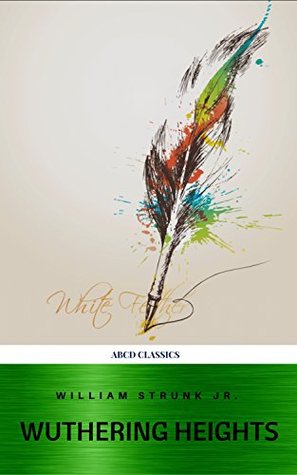More on this book
Community
Kindle Notes & Highlights
Read between
December 22 - December 23, 2019
In general, however, it is best, in writing, to avoid using so in this manner; there is danger that the writer who uses it at all may use it too often.
All three examples show the weakness inherent in the word not. Consciously or unconsciously, the reader is dissatisfied with being told only what is not; he wishes to be told what is. Hence, as a rule, it is better to express a negative in positive form.
In especial the expression the fact that should be revised out of every sentence in which it occurs.
It may be asked, what if a writer needs to express a very large number of similar ideas, say twenty? Must he write twenty consecutive sentences of the same pattern? On closer examination he will probably find that the difficulty is imaginary, that his twenty ideas can be classified in groups, and that he need apply the principle only within each group. Otherwise he had best avoid the difficulty by putting his statements in the form of a table.
(When a wholly detached expression or sentence is parenthesized, the final stop comes before the last mark of parenthesis.)
Aristotle says, "Art is an imitation of nature."
To compare to is to point out or imply resemblances, between objects regarded as essentially of different order; to compare with is mainly to point out differences, between objects regarded as essentially of the same order.
However. In the meaning nevertheless, not to come first in its sentence or clause.
When however comes first, it means in whatever way or to whatever extent.
Less. Should not be misused for fewer.
Less refers to quantity, fewer to number. "His troubles are less than mine" means "His troubles are not so great as mine." "His troubles are fewer than mine" means "His troubles are not so numerous as mine."
Often vaguely used in such expressions as "a lover of nature;" "poems about nature." Unless more specific statements follow, the reader cannot tell whether the poems have to do with natural scenery, rural life, the sunset, the untracked wilderness, or the habits of squirrels.
In general, the writer will do well to use while only with strict literalness, in the sense of during the time that.


